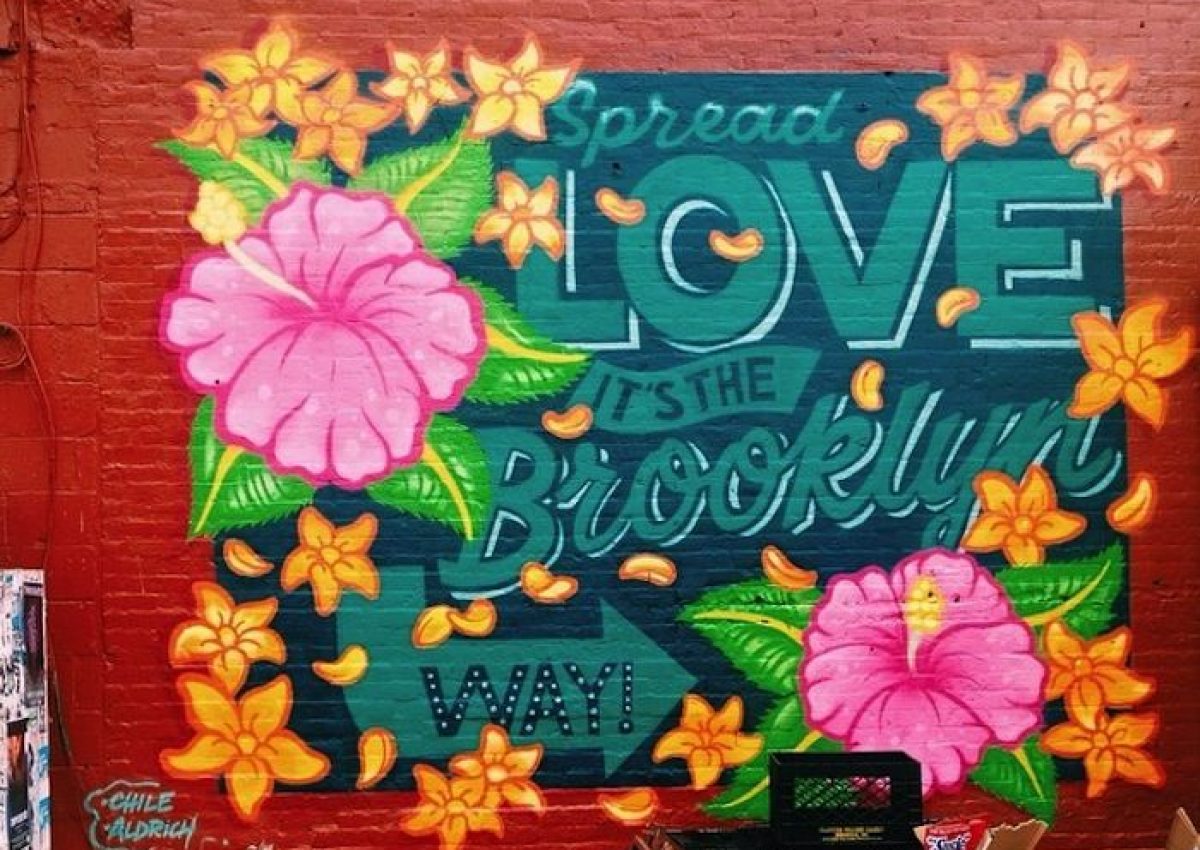- What kinds of data will you collect (e.g. documents, newspaper articles, photos/videos/visual data, direct observation)? How will you collect your data (e.g. library research, archival research, survey, field research)? How will your data answer your project’s questions?
I plan on collecting qualitative data in the form of interview narratives. The narratives will be collected using audio recordings to be compiled into a 18-20 minute podcast. The podcast will be a mixture of both interviews and conversations with a Dominican-American family living in Williamsburg, Brooklyn. Other data that I plan on using for my podcast are academic and archival sources, such as news articles and academic journals that will help me better explain the rise of gentrification in Williamsburg. Further, I want to analyze how neoliberalism has been used as a means to justify the gentrification of El Barrio. As stated in the project summary, the podcast will ask the following questions: Tell me about your childhood in Williamsburg. How did it look like? Who were your neighbors? Where did you spend most of your time? How has the community changed since your family first moved to Williamsburg? Can you recall a particular moment where you noticed the shift? Can you give specific examples of how the rise of hipsters in Williamsburg has impacted your life or that of your family, if at all? I will close with a summation of the points presented, and ask: “how can we make the barrio great again?” More importantly, the data will answer the questions of how gentrification is seen through the eyes of the disenfranchised versus the neoliberal capitalist.
Due March 29
Comments:
Juliana, you are making good progress with your project. I think that interviewing people to include in your podcasts would bring a lot of life to the subject. Perhaps when when engaging this is to take generational stories from different people within this family. For instance older family members could remember what Brooklyn looked like when they first moved there or when they were children. While younger family members can speak to more recent changes in the community as a it gentrifies. now there is a lot of literature out there on Latino cities and neighborhoods. One piece that I like that may be helpful to when thinking about how Latinos create the city is Mike Davis’s book Magical Urbanism. This is a book that examines Mexican barrios in Los Angeles, Howard still may be useful for your case.
